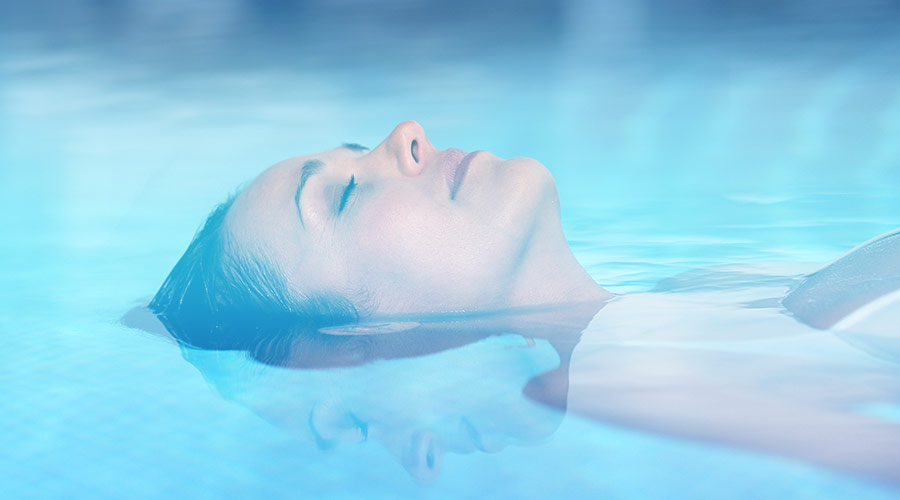Do you know one of the most talked-about benefits of floatation therapy is its effect on our creativity? Many artists claim they have been inspired and their creativity has been boosted after they’ve had a float session. These artists include those working across various genres as well as those involved in scientific research. They’ve claimed floatation therapy has been crucial in getting their creative juices flowing.
This flow of creativity often happens by you just slowing down, enjoying the calm by gaining perspective and appreciating the moment. It’s true that sometimes, doing nothing, like floating, can put you in a state of profound relaxation which results in the restoration of your creative spirit. This is particularly true and especially relevant to artists as the float sessions create the atmosphere or environment of doing nothing, enabling them to detach, unplug, and stimulate a new view of the world and of self.
Studies have shown there is a link between sensory deprivation and creativity. There appears to be a noticeable increase in creativity caused by sensory deprivation. Researchers found ideas generated directly after a float session appear to be more creative than the ideas gathered during our normal work hours.
You can use floatation to explore your creative being and deeper self by using your time in the float tank to tune out the outside world. Since your body isn’t fighting gravity and your brain isn’t busy trying to process hundreds of sensations all at once, your mind is left free to explore and visualise rather amazing things and ideas.
Floating can be a unique way for you to break through creative blockages to find new inspiration to enhance your creativity. When your brain recognises it is being starved of stimulation it then begins to create new thoughts and ideas; some people begin to see colours or hear music, some feel themselves spinning around even though they aren’t actually moving.
Floating is not only beneficial to our physical bodies, but it also helps expand and inspire our minds.
During your float session, your brain goes from highly conscious alpha and beta waves to solid theta waves—what you would normally have right before falling asleep and just after waking up. Normally we only experience these theta waves for a few minutes but this extended theta period helps us to visualise better, sometimes giving us vivid mental images. The theta state can last for several minutes in a float tank without the loss of consciousness and is a beneficial tool we can use for enhanced creativity and problem-solving.


 RSS Feed
RSS Feed